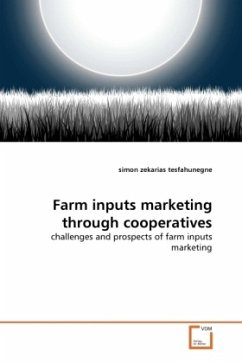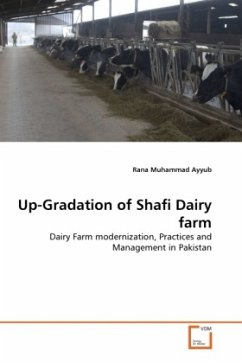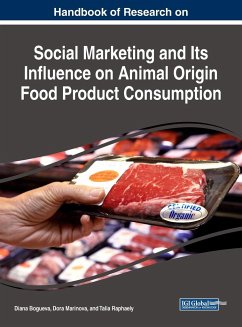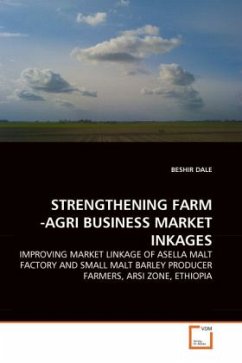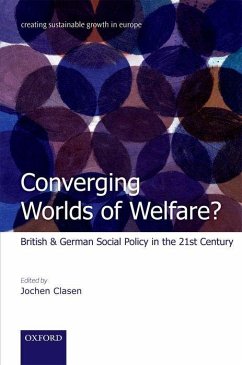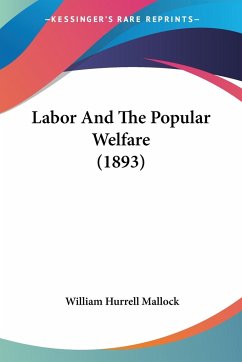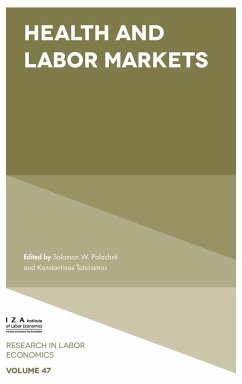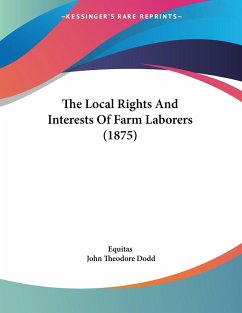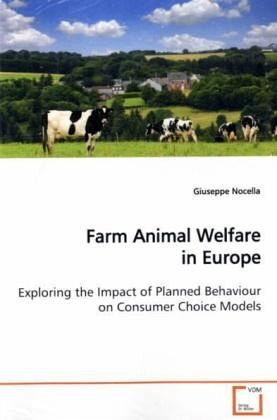
Farm Animal Welfare in Europe
Exploring the Impact of Planned Behaviour on Consumer Choice Models
Versandkostenfrei!
Versandfertig in 6-10 Tagen
52,99 €
inkl. MwSt.

PAYBACK Punkte
26 °P sammeln!
Despite the existence of far-reaching literature onthe problem of measuring farm animal welfare (FAW)from both a scientific and a philosophicalperspective, there are still few studies tackling itseconomic aspects. In this book, consumers willingness to pay (WTP) and heterogeneity ofpreferences for certified animal-friendly products(CAFPs) were estimated by employing stated preferencemethods. However, since FAW is an emotional topicwhich can affect consumers purchasing decisionsthrough aspects involving psychological components,this hypothesis was explored combining the theory ofplanned behavio...
Despite the existence of far-reaching literature on
the problem of measuring farm animal welfare (FAW)
from both a scientific and a philosophical
perspective, there are still few studies tackling its
economic aspects. In this book, consumers
willingness to pay (WTP) and heterogeneity of
preferences for certified animal-friendly products
(CAFPs) were estimated by employing stated preference
methods. However, since FAW is an emotional topic
which can affect consumers purchasing decisions
through aspects involving psychological components,
this hypothesis was explored combining the theory of
planned behaviour with stated choice methods. To
reach this objective a survey was administered in
France, Germany, Italy, Spain and UK.
Findings show cross-cultural differences in terms of
trust toward stakeholders operating along the
livestock chain and that the components of planned
behaviour play a role both in WTP for CAFPs and in
determining heterogeneity of preferences. Thus it
appears that the marriage between psychology and
economics can open up new avenues of research not
only for WTP and preferences for CAFPs but also to
other food choice contexts.
the problem of measuring farm animal welfare (FAW)
from both a scientific and a philosophical
perspective, there are still few studies tackling its
economic aspects. In this book, consumers
willingness to pay (WTP) and heterogeneity of
preferences for certified animal-friendly products
(CAFPs) were estimated by employing stated preference
methods. However, since FAW is an emotional topic
which can affect consumers purchasing decisions
through aspects involving psychological components,
this hypothesis was explored combining the theory of
planned behaviour with stated choice methods. To
reach this objective a survey was administered in
France, Germany, Italy, Spain and UK.
Findings show cross-cultural differences in terms of
trust toward stakeholders operating along the
livestock chain and that the components of planned
behaviour play a role both in WTP for CAFPs and in
determining heterogeneity of preferences. Thus it
appears that the marriage between psychology and
economics can open up new avenues of research not
only for WTP and preferences for CAFPs but also to
other food choice contexts.



